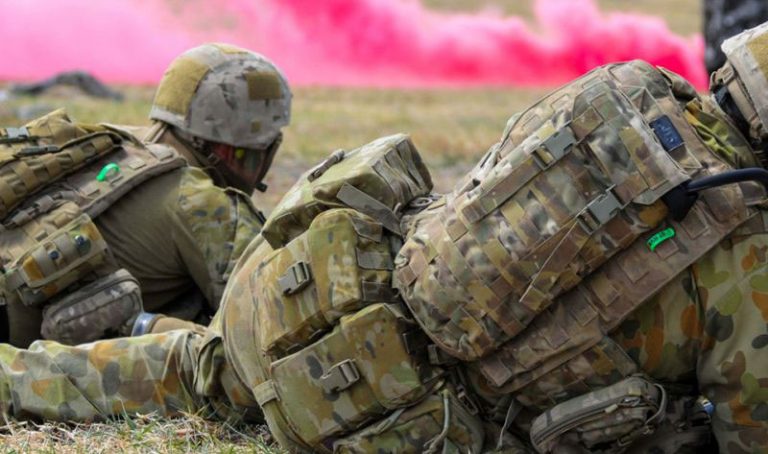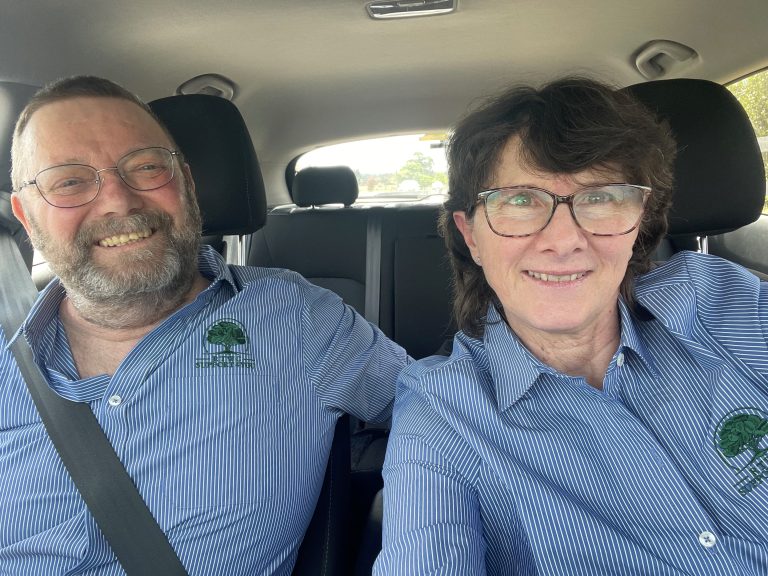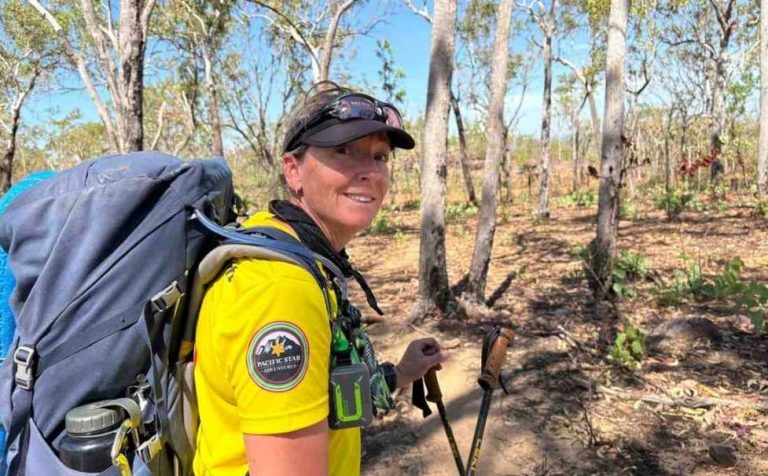In the following report we explain the latest round of changes to Business qualifications, and what they mean for you.
Each year, over 350,000 Australians complete studies from the Business Services Training Package. This is the training package that includes qualifications that you may recognise – such as Diploma of Leadership and Management, Diploma of Business, Diploma of Work Health and Safety, Diploma of Human Resource Management and Diploma of Quality Auditing. Periodically, every Australian qualification is reviewed.
Whilst Registered Training Organisations may be informed about coming changes, we are not in control of these changes. From what goes into the qualifications to when the training packages are reviewed or when newer versions are released, these are decisions made by the Commonwealth Department of Education, Skills and Employment.
In fact, this is the 7th version of the Business Services training package.
The changes made in 2020 to the Business qualifications are substantial for many qualifications and in this report, we are going to walk you through understanding what the changes are and what they mean for you.
Summary of Qualification Changes
The review of the Business Services Training Package covered 65 qualifications, from Certificate I level all the way up to Graduate Diploma.
Of these 65 qualifications, 20 qualifications were on Churchill Education’s scope of registration covering qualifications from Certificate III, Certificate IV, Diploma, Advanced Diploma and Graduate Diploma levels.
These 20 qualifications are the qualifications that we have found, since 2006, that most benefit our Recognition of Prior Learning clients – typically people who have been diligently working for several years to having built up substantial careers. These are qualifications which transfer well across industries and really benefit ongoing employment prospects.
For that reason, this review is going to focus exclusively on the changes to those 20 qualifications.
Of the 20 qualifications, 10 qualifications were deemed equivalent and 10 qualifications were deemed not equivalent against the newest versions.
When reviewing and updating a training package, there are 4 key actions that are taken by the Australian Government:
1. Equivalency
This is where the old qualification is reviewed against what is currently happening in the workforce and decide that it is still relevant to the workforce of the future.
In fact, it is deemed to be equivalent to the old qualification. This means that if you hold the previous version of the qualification it is deemed to equal the newest version of the qualification. Holding either qualification (the older version or the latest version) demonstrates that you hold the current requirements of this qualification in line with the workplace outcomes desired by industry.
When a newer version of a qualification is deemed equivalent to the past version of the same qualification, the changes will tinker around the edges.
So, the changes will focus generally on updating the code/s used in the qualification and occasionally a slight adjustment to the naming of the qualification or units of competency.
The way a qualification is put together may change too – with adjustments to the units of competency that make up the qualification and an overall tidy up. At the heart of the qualification, though, it is considered that both qualifications still best reflect the priorities of industry and occupations. The previous qualification is labelled as being superseded so the newest version takes its place from this point on.
By updating the codes (which are a combination of letters representing the training package the qualification comes from, and numbers), this helps point the user to understand when the qualification or unit was last reviewed and released.
You can see the year of last review in the last 2 numbers of the code:

In this latest round of reviews, there were 10 qualifications that were deemed equivalent to the past version.
Of these 10 qualifications, 3 qualifications had already been released and updated in 2019 so no more changes were required. These were the Certificate IV, Diploma and Advanced Diploma of Work Health and Safety.
From there, these qualifications were also found to be equivalent to the previous version:
Equivalent Previous Qualifications with Newer Version Qualifications in BSB Business Services Training Package Version 7.0 | ||||
| Previous Code | Previous Title | = | New Code | New Title |
| BSB42015 | Certificate IV in Leadership and Management | | BSB40520 | Certificate IV in Leadership and Management |
| BSB41515 | Certificate IV in Project Management Practice | | BSB40920 | Certificate IV in Project Management Practice |
| BSB51918 | Diploma of Leadership and Management | | BSB50420 | Diploma of Leadership and Management |
| BSB51415 | Diploma of Project Management | | BSB50820 | Diploma of Project Management |
| BSB61218 | Advanced Diploma of Program Management | | BSB60720 | Advanced Diploma of Program Management |
| BSB80415 | Graduate Diploma of Portfolio Management | | BSB80220 | Graduate Diploma of Portfolio Management |
| BSB80215 | Graduate Diploma of Strategic Leadership | | BSB80320 | Graduate Diploma of Strategic Leadership |
2. Not Deemed Equivalent Qualifications
As the nature of work in industries or occupations change, sometimes qualifications require a more substantial update to meet contemporary workplace outcomes.
The way we work continues to change and what roles require of us to fulfil our responsibilities change too. When this happens, the new qualifications totally replace the previous versions, meaning that the older version and the current version are not a match. This is known as not being equivalent.
You will see it clearly labelled on the Australian government’s training website, www.training.gov.au :

Notice that the BSB50315 version is now deemed simply superseded whereas the previous version of this qualification BSB50311 whilst superseded was still marked as equivalent.
Now, in the latest review of the Business Services qualification, 10 qualifications on Churchill Education’s scope of registration were deemed Not Equivalent.
In a number of cases, the newer version of the past qualifications used an approach which introduced specialisations. For example, six qualifications were amalgamated to create one qualification distinguished by specialisations.
Superseded Qualifications – Now Replaced with Newer Version Qualifications in BSB Business Services Training Package Version 7.0 | ||||
| Previous Code | Previous Title | ≠ | New Code | New Title |
| BSB301115 | Certificate III in Business | ˣ | BSB30120 | Certificate III in Business |
| BSB30415 | Certificate III in Business Administration | ˣ | BSB30120 | Certificate III in Business (Administration) |
| BSB40215 | Certificate IV in Business | ˣ | BSB40120 | Certificate IV in Business |
| BSB40315 | Certificate IV in Customer Engagement | ˣ | ||
| BSB40515 | Certificate IV in Business Administration | ˣ | BSB40120 | Certificate IV in Business (Administration) |
| BSB40615 | Certificate IV in Business Sales | ˣ | ||
| BSB41015 | Certificate IV in Human Resources | ˣ | BSB40420 | Certificate IV in Human Resource Management |
| BSB50215 | Diploma of Business | ˣ | BSB50120 | Diploma of Business |
| BSB50315 | Diploma of Customer Engagement | ˣ | ||
| BSB50415 | Diploma of Business Administration | ˣ | ||
| BSB50618 | Diploma of Human Resources Management | ˣ | BSB50320 | Diploma of Human Resource Management |
| BSB51615 | Diploma of Quality Auditing | ˣ | BSB50920 | Diploma of Quality Auditing |
| BSB60215 | Advanced Diploma of Business | ˣ | BSB60120 | Advanced Diploma of Business |
| BSB60915 | Advanced Diploma of Management (Human Resources) | ˣ | BSB60320 | Advanced Diploma of Human Resource Management |
| BSB61015 | Advanced Diploma of Leadership and Management | ˣ | BSB60420 | Advanced Diploma of Leadership and Management |
| BSB80615 | Graduate Diploma of Management (Learning) | ˣ | BSB80120 | Graduate Diploma of Management (Learning) |
As you have looked through that list, you will have noticed that some qualifications seem to be missing an updated version.
In this latest review, an approach has been taken to the Business Services training package that we have previously seen used in the Public Sector Training Package.
This change is the introduction of specialisations.
3. Deleted
Sometimes, it is decided that a qualification is no longer required or prioritised by industry and so it is deleted. This means that the qualification is no longer offered to the public for future study. It does not mean your qualification is worthless, though.
We have seen this happen in recent years to the Diploma of Education Support. Industry focused on the Certificate III and Certificate IV, and from there, it was considered the next step was a Bachelor of Education.
In the Business Services package review, there are no qualifications on Churchill Education’s scope of registration (the list of qualifications we authorised to deliver and assess) that have been deleted.
4. Newly Created
Sometimes, brand new qualifications emerge from the changes in business practices, technology and the needs of industry.
In this case, the approach has been to create new specialty streams within existing qualifications.
There is a new skill set: Lead Auditor Skill Set.
Understanding how Specialisations in Qualifications Work
Several of the qualifications in the Business Services Training Package use a strategy of applying specialisations to a qualification.
This is the same type of approach you may have heard about with universities – like a major in a particular area of skills and knowledge.
For Vocational Education and Training qualifications, the specialisation allows students to have a fundamental knowledge in transferable skills – the sorts of skills and knowledge that you can take with you across occupations and industries. The specialisation reflects the technical skills and knowledge you have developed.
It means that you have two options when choosing how to approach a qualification with a specialist stream.
Firstly, you can either select the generalist qualification, with units of competency (or subjects) that reflect broadly across that qualification focus.
For example, this would mean you graduate with a Certificate III in Business, spelt out exactly with that title.
Or you can elect to complete the required specialist units of competency (or subjects) and complete a qualification that has a specialist stream. For example, you could graduate with a Certificate III in Business (Administration) – and you can see the difference in the title, with the specialty reflected in brackets.
The range of specialty options are pre-determined by the Australian Government and set out on the training website, www.training.gov.au
It means that you can even take on the same qualification in several formats if you take different specialisations. The other option here is to complete one key qualification at Certificate III and support it with specialist Skill Sets.
In summary, the specialisations are set out below, by qualification level…
CERTIFICATE III QUALIFICATIONS
BSB30120 Certificate III in Business
BSB30120 Certificate III in Business (Administration)
CERTIFICATE IV QUALIFICATIONS
BSB40120 Certificate IV in Business
This qualification reflects 8 qualifications that have been amalgamated to create a single Certificate IV in Business.
In addition to the straight Certificate IV in Business, Churchill Education will be offering the following 5 specialisations:
1. BSB40120 Certificate IV in Business (Leadership)
New offering
2. BSB40120 Certificate IV in Business (Administration)
Essentially, replacing BSB40515 Certificate IV in Business Administration
3. BSB40120 Certificate IV in Business (Operations)
New offering
4. BSB40120 Certificate IV in Business (Cyber Security)
New offering
5. BSB40120 Certificate IV in Business (Finance)
New offering
DIPLOMA QUALIFICATIONS
This qualification reflects 7 qualifications that have been amalgamated to create a single Diploma of Business.
In addition to the straight Diploma of Business, Churchill Education will be offering the following 4 specialisations:
1. BSB50120 Diploma of Business (Operations)
New offering
2. BSB50120 Diploma of Business (Leadership)
New offering
3. BSB50120 Diploma of Business (Organisational Development)
New offering
4. BSB50120 Diploma of Business (Compliance)
New offering
I hope this report has been helpful. If you would like to check your eligibility for any of these qualifications, or have a question about your current qualifications please get in touch on any of the below methods…
Tricia
Churchill Education Co-Founder







